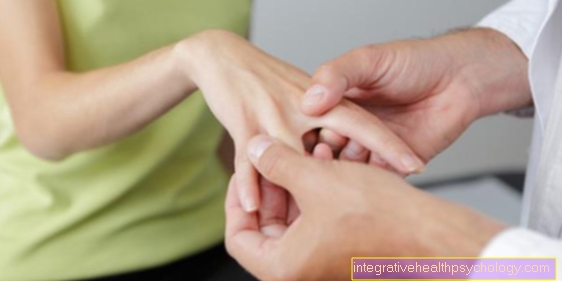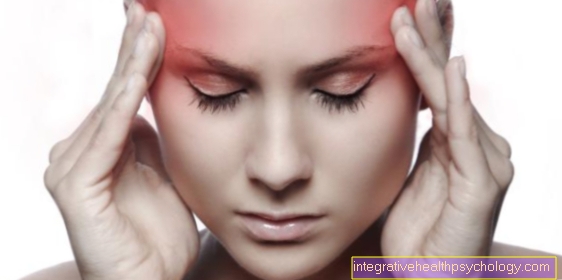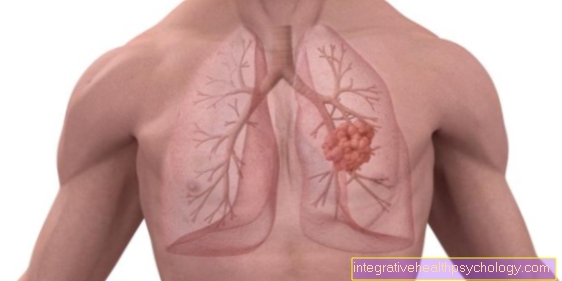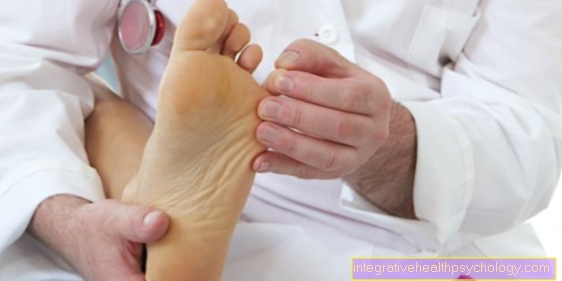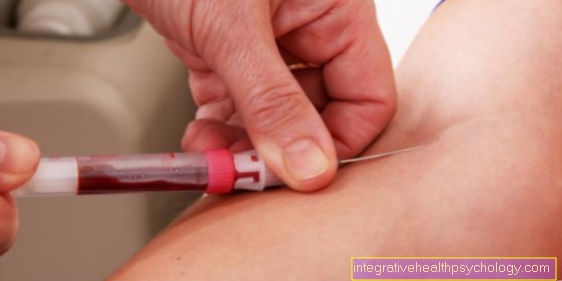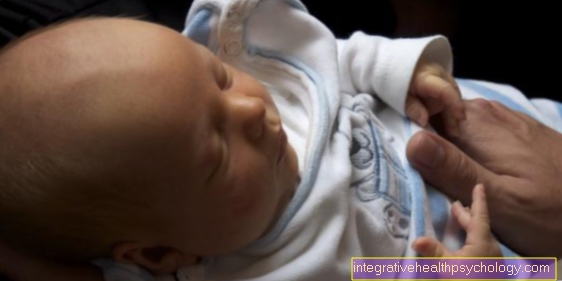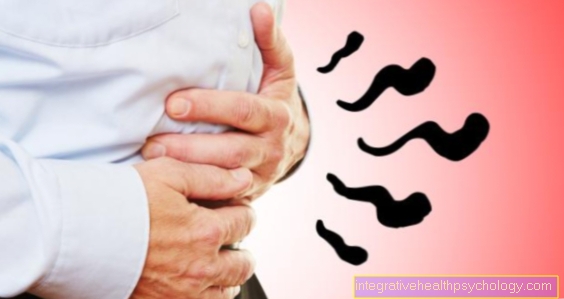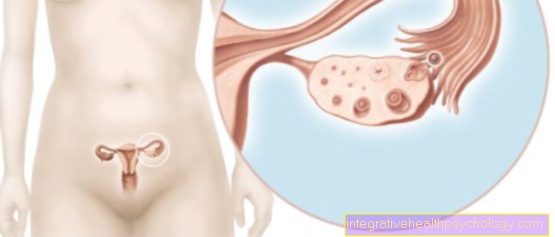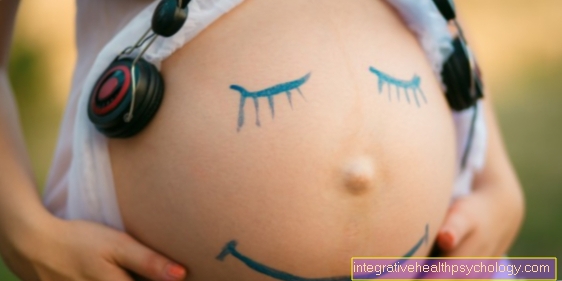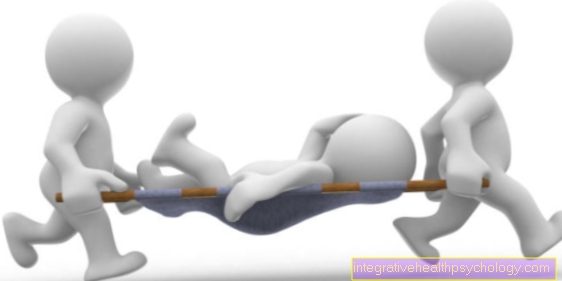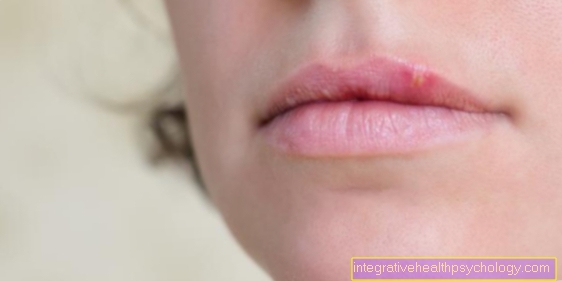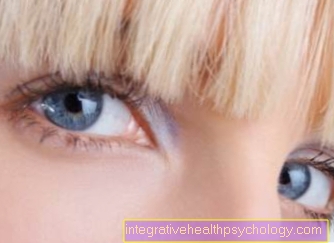Oily hair after washing
introduction

If, even after washing, the hair quickly appears greasy again, many people are at a loss at first. In addition to the cosmetic effect, those affected often suffer from the psychological and social consequences. Because in our society, oily hair is often wrongly associated with a lack of personal hygiene or cleanliness. Among other things, hormone imbalance, stress, hereditary predisposition or improper hair care can cause overactivity of the sebum glands and thus lead to hair greasy quickly.
The causes of oily hair
The most common cause of greasy and oily hair after washing is an overactivity of the sebum glands of the scalp. These small glands are located in the dermis and are distributed all over the body, with the exception of the palm, soles and back of the feet. They are almost always connected to the hair roots and empty their sebum into the follicles. Their numbers are particularly high on the face and scalp. Normally, the sebum released protects our hair from breaking off and keeps it supple. However, due to various factors, their activity can be increased and makes the hair look greasy, straggly and unkempt. For example, male hormones (androgens) decrease their productivity, whereas female hormones (estrogens) decrease their function.
You can find further information under our topic: Oily hair during pregnancy
Puberty as the cause of oily hair
During puberty, our body's hormone production runs at full speed, causing the sebum glands to become more active. Affected teenagers often suffer from blemished skin with blackheads and pimples in addition to hair that becomes greasy quickly, even directly after washing. The use of rich care and styling products often leads to an unwanted increase in the problem.
The wrong hair care as a cause of oily hair
Sometimes, oily hair after washing can also result from the wrong choice of care products. For example, oily, silicone-containing shampoos or shampoos with strong fragrances weigh down sensitive hair unnecessarily and make it look lank, "flat" and unkempt immediately after washing. More intensive products, such as conditioners or cures, can also put a second layer around the hair and make it look greasy.
Too strong head massages as causes of oily hair
In contrast to the widespread opinion that a thorough head massage "squeezes out" the sebum glands and thus provides a remedy, this actually ensures that the hair is regreased more quickly after washing. Because manual pressure on our scalp only causes unnecessary manipulation and stimulation of the sebum glands It is therefore sufficient to massage in the shampoo gently and rinse out thoroughly.
Hereditary predisposition as the cause
The production of sebum is very different from person to person and partly. plant-related. So our genes partly determine Distribution pattern, productivity and number of sebaceous glands. Depending on how many sebum glands we have, the individual skin type varies. Oily hair and oily skin usually go hand in hand, as sebum glands on both the face and the scalp produce excessive sebum. The doctor then speaks of "seborrhea". The opposite of this is "sebostasis", in which the sebum glands produce too little skin oil and can thus lead to very dry skin. Often the symptoms of seborrhea disappear after puberty and the skin and hair return to normal.
Therapy and prophylaxis
Often times, if your hair appears greasy quickly after washing, sufferers are prone to excessive care and wash your hair very often. Unfortunately, this is exactly the wrong step! With following tips get your greasy hair under control.
Choosing the right shampoo
Use mild, degreasing herbal shampoos to care for your hair. Extracts from rosemary, chamomile, horsetail or yarrow normalize the formation of fat and soothe the scalp. Strongly drying shampoos, water that is too hot and strong head massages, on the other hand, support sebum production. Lukewarm water is therefore best.
If your hairline is regreased quickly, a dry shampoo can also help! Simply spray onto dry hair from a distance of approx. 20 cm, leave it on for a short time and then remove the residue with a towel and carefully brush out the hair.
The waiver of rich care products
In principle, oily hair requires less care than dry hair. Hair treatments, conditioners, oils or masks are therefore actually unnecessary. If you still want to use the products mentioned, you can skip the hairline and scalp and limit yourself to the hair ends or lengths. If you want a little more bounce and elasticity, you can also use an old home remedy: After washing your hair, simply rinse with a little wine vinegar and lukewarm water at a ratio of 1:10.
Well-tried home remedies
Tried and tested home remedies for combating greasy hair can be quickly and easily prepared yourself without much effort. E.g. Rinsing with lukewarm chamomile tea or black tea can help. However: stay away from lemon juice rinses! They only help very briefly and dry out your scalp severely, so that the sebum glands counter-regulate with an increased production of skin oils.
Read more on this topic at: Home remedies for oily hair
Dry hair properly
After washing, many of us tend to rub heavily with a towel to dry our hair quickly. Hair greases quickly, but should be squeezed gently so as not to unnecessarily irritate the sebum glands of the scalp. Make sure that there is sufficient distance between the heat gun and the scalp, as heat also promotes the activity of the sebum glands.
Use a comb instead of a brush
If your hair greases particularly quickly, even after washing, you should avoid the hairbrush and use a comb instead. Because of its many, small bristles, the sebum is distributed in the hair and ensures a stringy, greasy hair appearance all the faster. Also, clean your hair comb regularly.
Wear as little headgear as possible
Especially among teenagers, the wearing of hats, "caps" and co. very common. Under the headgear, however, there is often a warm and humid climate, which stimulates the production of the sebum glands and thus leads to an even faster re-greasing of the hair. It is therefore advisable for those affected to wear as little hat etc. as possible.

